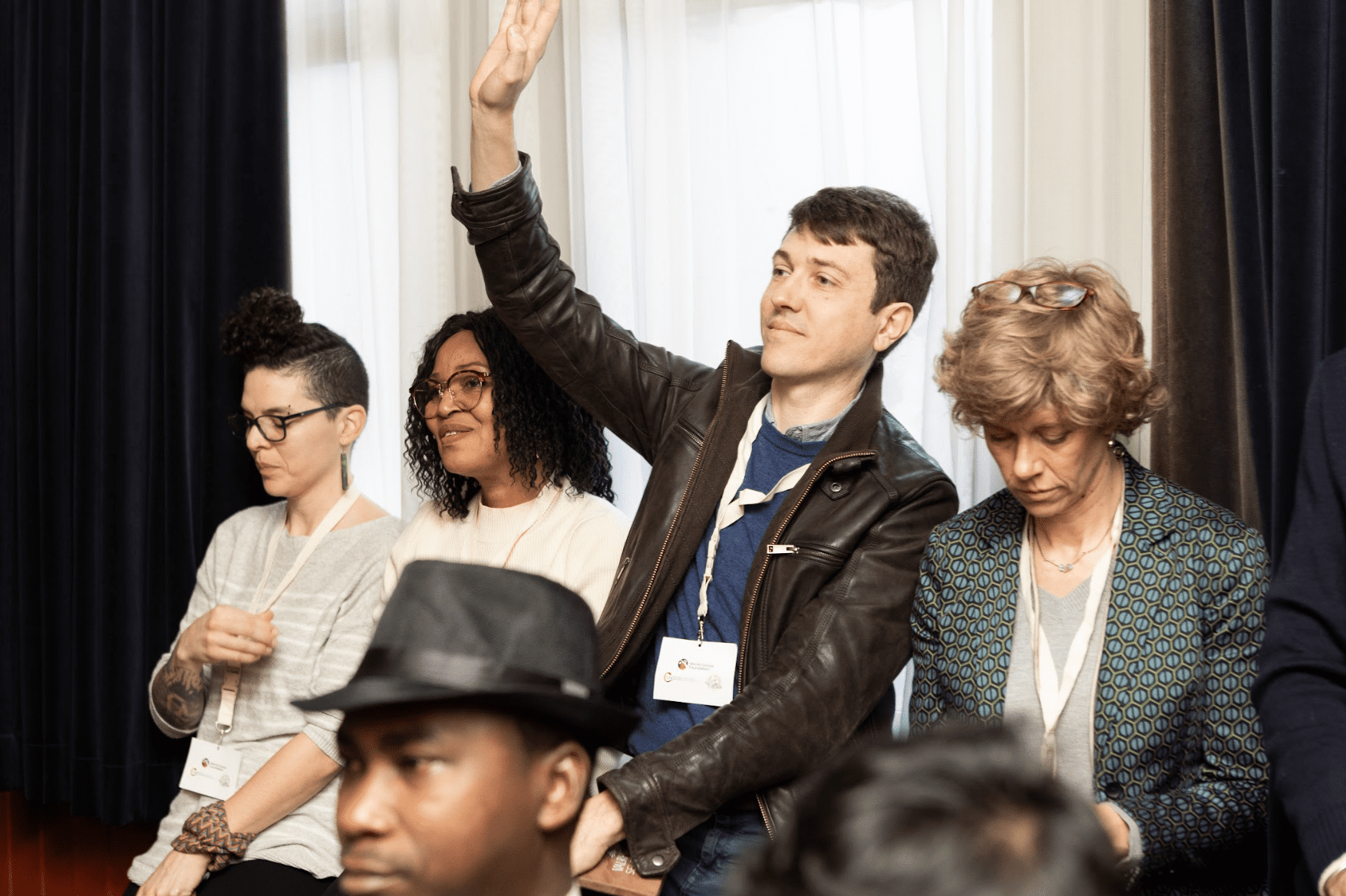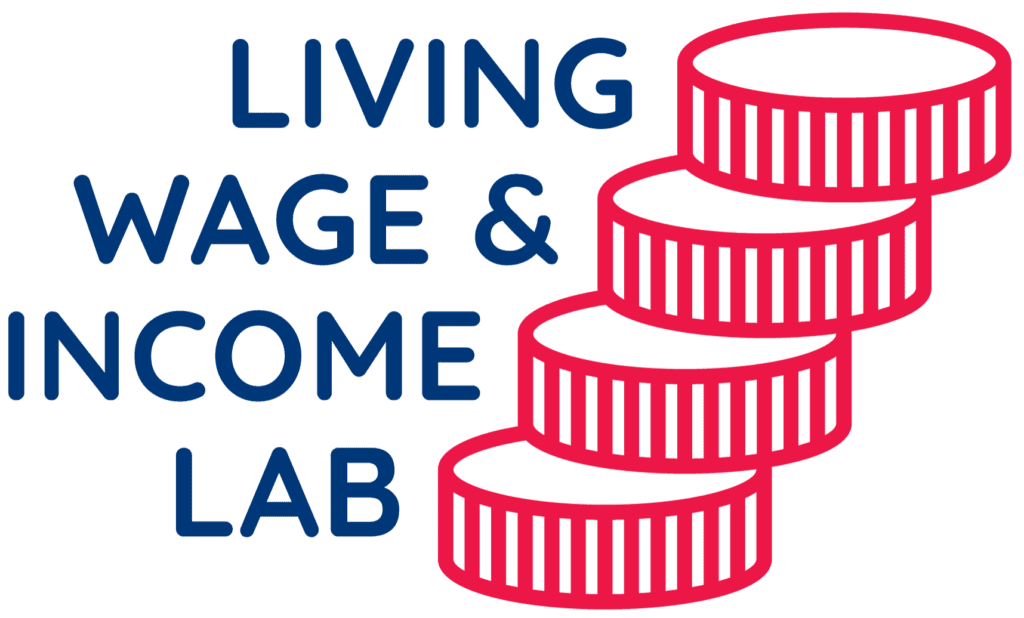Backing up your living wage and income project with quality data
The Living Wage & Income Lab’s final session of 2023 was a compilation of valuable lessons, tools, and resources to take home. From ISEAL’s recently published document, ‘Making Credible Living Wage Claims: A Framework to Guide Practice Claims,’ to practical insights shared by the WageIndicator Foundation, FNV Mondiaal, and Unilever, and a vivid illustration of what sustainable promises look like in action. For those who missed it, here’s a quick rundown!
Those that are familiar with WageIndicator’s Minimum Wage and Living Wage data were in for a surprise: by going beyond their database and benchmarks, they discovered the practical side of joint actions in a panel in partnership with FNV Mondiaal, an organisation supporting trade unions worldwide, and multinational Unilever. On behalf of the 25-years-old Foundation, Paulien Osse and Fiona Dragstra guided us through common mistakes made when designing projects and policies, and stressed the urgency of simplifying the topic to accelerate progress.
The session was held under Chatham House Rules, but here is some food for thought!
- “When we talk about living wage commitments and compliance, we must realise that in many countries and sectors, compliance with minimum wages is often still an issue, and the gap between the minimum wage and living wage is quite big, imagine the steps needed to close this.” Fiona called on the room to simplify living wage implementation. Workers cannot live on a minimum wage, and companies have tools to find out what a living wage is.
- “If you do it without trade unions, you’re doing it without workers. Talk with them, not over them,” Paulien put. A living wage is a negotiated wage, yet, in many supply chains, workers are seen as a cost item rather than an asset. It’s crucial to have a different mindset. “Recognising workers as fundamental contributors to products or services, whether in tier four or tier one,’ highlighted Ruben Korevaar, a policy advisor of FNV Mondiaal.
- Progress over perfection’ is key for Matteo Squire, Unilever’s Global Sustainability Manager on Social Equity and Inclusion. He pointed out that companies cannot let existing barriers hold them back from launching commitments and getting started on advancing living wages in their value chains.
- The role of companies in driving demands into the supply chain involves the evolution of purchasing practices. Matteo shared that to effectively drive change in supply chains, we must approach it in a systemic way. In partnership with suppliers, other businesses, governments and NGOs, Unilever is leveraging purchasing practices, collaboration and advocacy to create a level playing field and ensure the rights of everyone to collective bargaining and a decent standard of living.
Fiona and Paulien introduced us to important resources available through WageIndicator’s work, including the recently launched Living Tariff Tool and its DecentWorkChecks, both tools tested already in many countries. In addition, Matteo introduced us to Unilever’s Living Wage Partner Promise, an initiative to encourage suppliers to close the gap and work together to address joint challenges.
Transitioning from commitment to designing robust claims, ISEAL guided us through their new guidance report, “Making Credible Living Wage Claims”. ‘Especially with social media and the Internet, there’s a grey area on what’s technically a claim and what’s broader communication. Be clear that a commitment is not something done, but something you’re trying to achieve,’ shared Vidya Randan from ISEAL. Together with Billie Wilcox Broke, she took us through the 4-step process to make living wage claims credible and future-proof for your company’s mission.
You can read the complete ISEAL’s guide here, or check out their presentation through this link! Wrapping up with a concrete example, moderator Isa Miralles shared a Fairfood novelty: a storytelling interface where Fairtrade Original communicates their living income ambitions using Trace, Fairfood’s traceability tool. The platform enabled the Dutch brand to provide evidence to buyers and consumers on paying a price that covers famers’ costs and a decent living, next to organic and Fairtrade certifications.
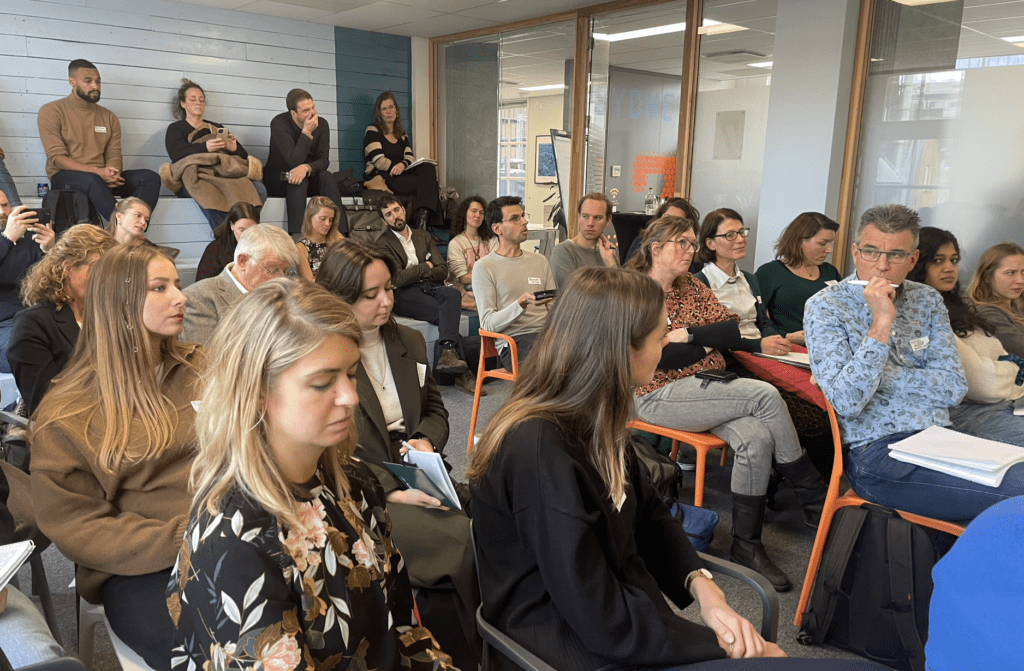
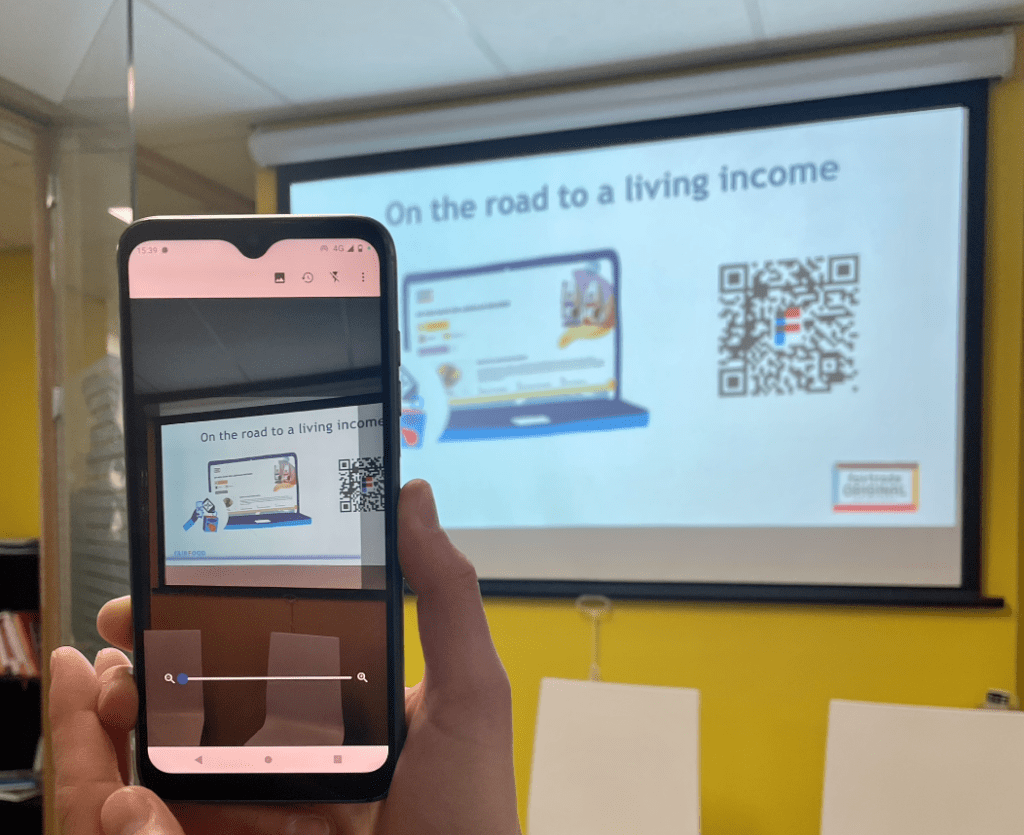
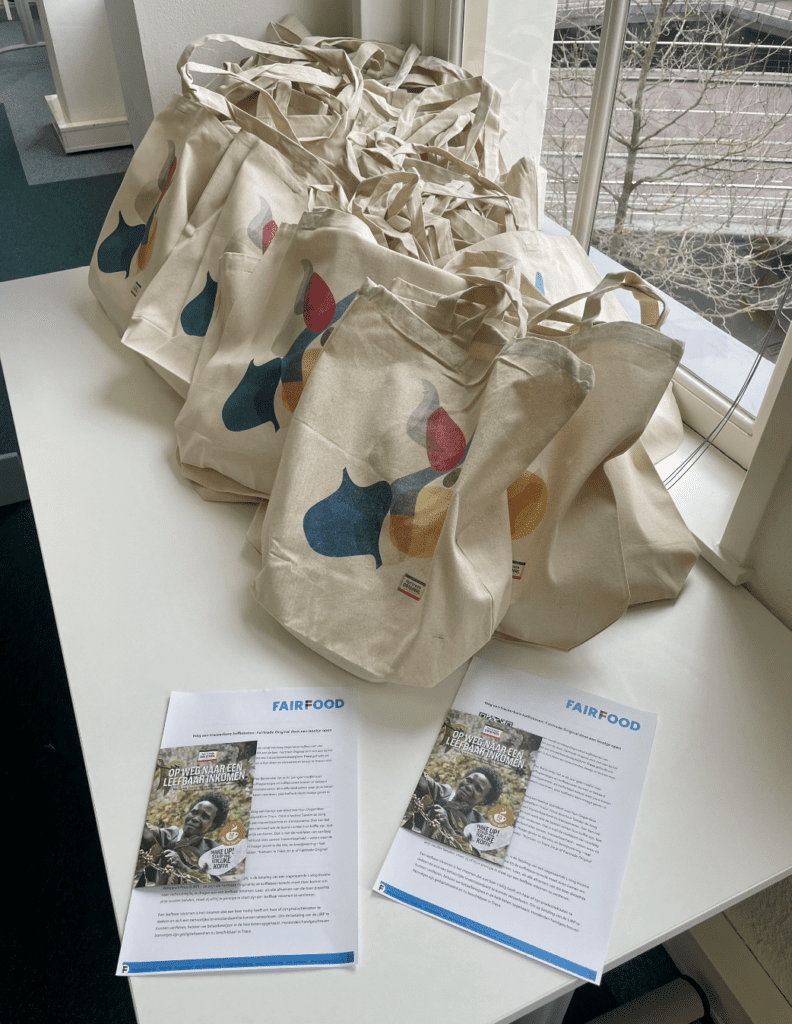
That’s all for now! Make sure to sign up for our newsletter to stay informed about our upcoming sessions: we have something very special planned for February already.


